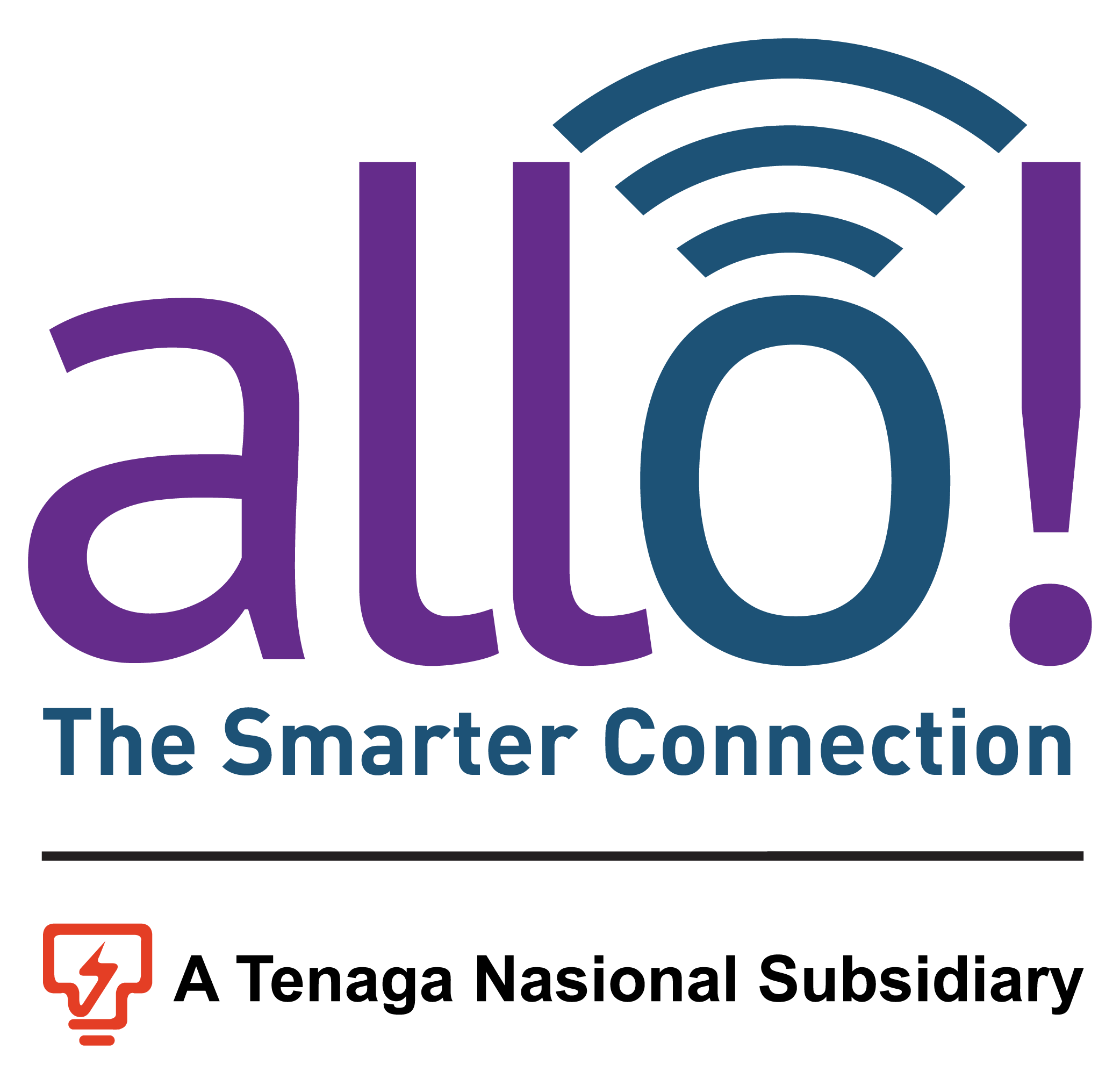BLOG
Online Mental Therapy: How the Internet Can Help

For centuries, mental health had a serious stigma attached to it. Society either ignored the problem or placed shame on people who had it. Thankfully, the more we learn about this issue, the better we understand that it requires professional treatment just as physical health does.
Today, almost 30% of Malaysians aged 16 and over struggle with mental health problems of various intensity. With timely treatment, all of them can enjoy a higher quality of life. Unfortunately, many Malaysians don’t have direct access to on-site treatment. That’s where online therapy comes in.
Let’s take a closer look at how connectivity contributes to high-quality remote healthcare.

Mental Health and Telehealth
Telehealth is the process of receiving healthcare services through technology that usually involves high-speed internet connection and videoconferencing.
After gaining popularity in the 2010s, telehealth became indispensable during the COVID-19 pandemic. In a 2021 study, over 40% of Malaysian doctors reported that telehealth was essential to their daily practice.
The majority of mental health treatments involve psychotherapy and support group therapy. Both of these options don’t require physical interaction. Exploring thoughts, feelings, and behaviour to improve a patient’s well-being is possible in a virtual environment.
While some people are initially reluctant to talk to a mental health expert through a screen, the problem goes away with time. The downsides of such a format quickly fade once the patient discovers the benefits of remote mental health assistance.
Benefits of Online Mental Therapy
The main benefits of online mental health therapy include:
Simplified Access
While the state of mental healthcare is getting more and more attention from the Malaysian government, the current ratio of psychiatrists to patients is 1:200,000, which is far behind the 1:10,000 ratio that is recommended by the World Health Organization.
In Malaysia, the majority of psychiatrists work in larger states. This means that only a limited number of patients have direct access to these professionals. People who live in rural areas may never have an opportunity to visit a mental health expert.
Modern technology allows people from all over the country to gain access to mental healthcare without overwhelming travelling expenses.

Reduced Stigma Barrier
Since the stigma associated with mental health issues still exists, many people are afraid to get help. The process of going to the hospital and waiting near the mental health expert’s office may seem unthinkable to patients who don’t want others to know about their problems.
The ability to speak to a psychologist or a psychiatrist from the comfort of their own home reduces the stigma effect. The entire process of getting mental health assistance becomes as private as it can possibly be.
Saved Time
Many people don’t get the necessary assistance because they can’t take time off work or don’t have anyone to leave their kids with. Remote mental therapy takes care of this issue, allowing patients to get help at home or even from work.
Meanwhile, the remote format saves time for the mental health professional as well. They don’t always need to be present at their office to provide assistance.
Many patients require regular follow-ups but miss them due to commute problems and complex access to healthcare professionals. Virtual online therapy also opens up endless possibilities for continuous mental healthcare.
Improved Drug Addiction Treatment
Drug use is a serious public health problem in Malaysia. This issue requires continuous mental health assistance, which only a few people get. To prevent relapses and improve their quality of life, ex-drug addicts need mental and group therapy.
Drug issues usually prevail in rural and low-income areas, where access to mental healthcare professionals is extremely limited. Telehealth solves this problem, allowing patients to get the help they need to stay off drugs for the rest of their lives.
Effectiveness
Online mental therapy proved to be just as effective as its offline alternative. In fact, for many people, mental telehealth turned out to be more effective.
By reducing the need to commute and removing a big part of the stigma, remote mental therapy has allowed patients to be more receptive to mental health care.
Since mental therapy doesn’t require a physical exam, videoconferencing is sufficient to achieve mental healthcare results.
Online Mental Therapy and Connectivity
Mental telehealth and connectivity go hand in hand. A strong internet connection is key to the quality of mental healthcare services. Problems with connectivity contribute to frustration and anxiety that mental healthcare professionals are fighting with.
Remote mental health assistance goes beyond a simple videoconference. Many healthcare providers are already implementing:
- Mobile health applications – allow doctors to send reminders and messages to promote healthy behaviour.
- Remote patient monitoring – allows doctors to monitor the patient’s mental health data continuously and make adjustments to treatment if necessary.
- Store–and-forward technologies – allow doctors to send images and videos through secure email communication channels. It may be necessary to share prescriptions and consult other doctors without revealing the patient’s personal details.
As technologies improve, and telehealth becomes an integral part of mental healthcare services, healthcare providers need to maintain a reliable and scalable IT infrastructure. Investing in the available technologies allows public hospitals and private clinics to streamline their services and battle mental health problems more effectively.
Top-notch connectivity makes telehealth possible. The ability to connect with a medical healthcare professional without travelling allows many patients to get the help they need.
While almost 90% of Malaysians are using the internet, some areas still aren’t connected. Many people in rural areas can’t benefit from all the opportunities mental telehealth offers.
Improving Connectivity with Allo
Telehealth is making it possible to work out mental health issues for patients all over the country. Without top-notch connectivity, remote mental therapy can become ineffective.
At Allo, we aim to keep the entire country connected. Our team is readily available to provide connectivity services to all Malaysian communities, because in the world with advancing technologies, we believe that everyone should have direct access to top-notch mental healthcare.
Contact us to find out how to expand connectivity and help people in your community today.
